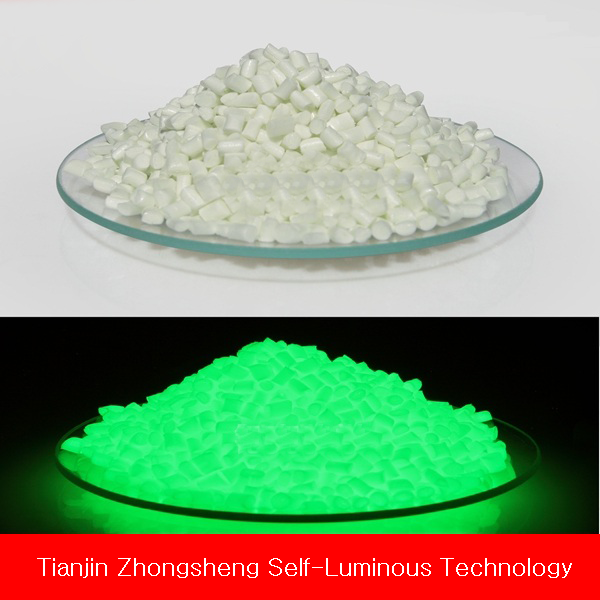what is the Luminous stone
- Ceramic aggregates containing phosphorescent pigments are officially called “luminescent ceramics”. It is a ceramic material that absorbs sunlight or ultraviolet rays from fluorescent lamps during the day and repeats luminescence and luminescence semi-permanently.
Composition of phosphorite
- Porcelain firing (recommended)
- Sintered product of resin and photoluminescent pigment (resin deterioration)
- dopping a phosphorescent pigment to the resin (the phosphorescent pigment is peeled off)
stability
- Unlike the luminous paints and sulfides used so far, the phosphorescent stone is safe for the human body and the environment because chemically stable aluminum oxide is used, and the phosphorescence-luminescence function is semi-permanent.
- Because it is a ceramic material, it has excellent durability against water, bad environment, and abrasion.
- Because it is a non-metallic inorganic material, it is safe for the human body and the environment.
color
The light emitting diode emits blue or green light in a dark place after accumulating the light energy of white or yellow or sunlight or indoor fluorescent lamps.
production method
It is produced by mixing a small amount of weather-resistant acrylic resin with a photoluminescent material, forming a plate, then pulverizing and classifying it.
place of use
- Amusement park, walkway, park decoration
- Create event, gardening, and square atmosphere
- pool, porch, and stairs
effect
- Traffic safety at night, evacuation guidance in case of disaster
- Design symbols and specialties of each region and express their characteristics
- Fluorescent approach, expressing stairways in parking lots, etc.
summary
With the development of phosphors in recent years, the afterglow time and afterglow luminance of the phosphors have been greatly improved. Furthermore, with the development of transparent additives, the luminous properties of phosphors have been further improved. We are looking forward to many performances.




